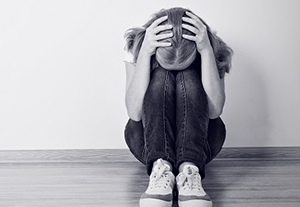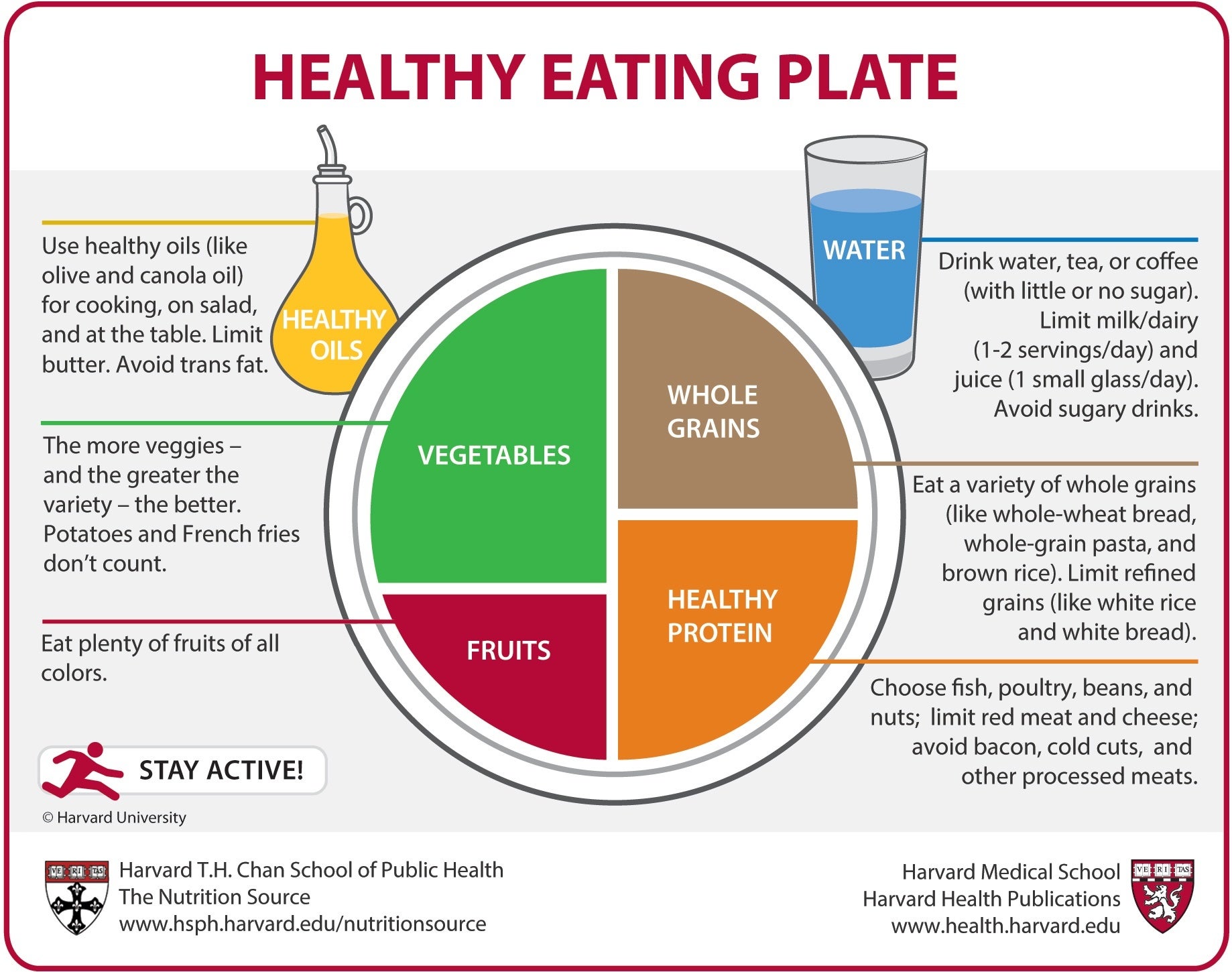What is bullying? Bullying means the behaviour of a person who hurts or frightens someone smaller or less powerful, often forcing that person to do something they do not want to do.
Bullying can affect mental, physical and emotional health during school years and into adulthood. It can lead to physical injury, social or emotional problems and in some cases, even death. Bullied children and teens are more likely to experience depression, anxiety and sometimes long-term damage to self-esteem. Victims often feel lonely. Some victims may fight back with extreme, sudden violence; stopbullying.gov reports that in 12 of 15 school shootings, the shooters had been bullied.
There are many causes of bullying such as being bullied themselves. Someone who bullies others might have experienced bullying -- maybe by their parents, their abusing step-siblings or even from someone in the neighborhood. Bullies often lack empathy as a result of their perception of what is happened to them, and they want to pay that negativity forward. Besides, seeking social attention via loneliness are the causes of bullying too. Bullies are often lonely. They do not have any real friends, so they try to find attention in any way they can, even if that means hampering someone's mental health or causing them physical health problems. Other than that, bullies may bully people who are doing better than them at something.



